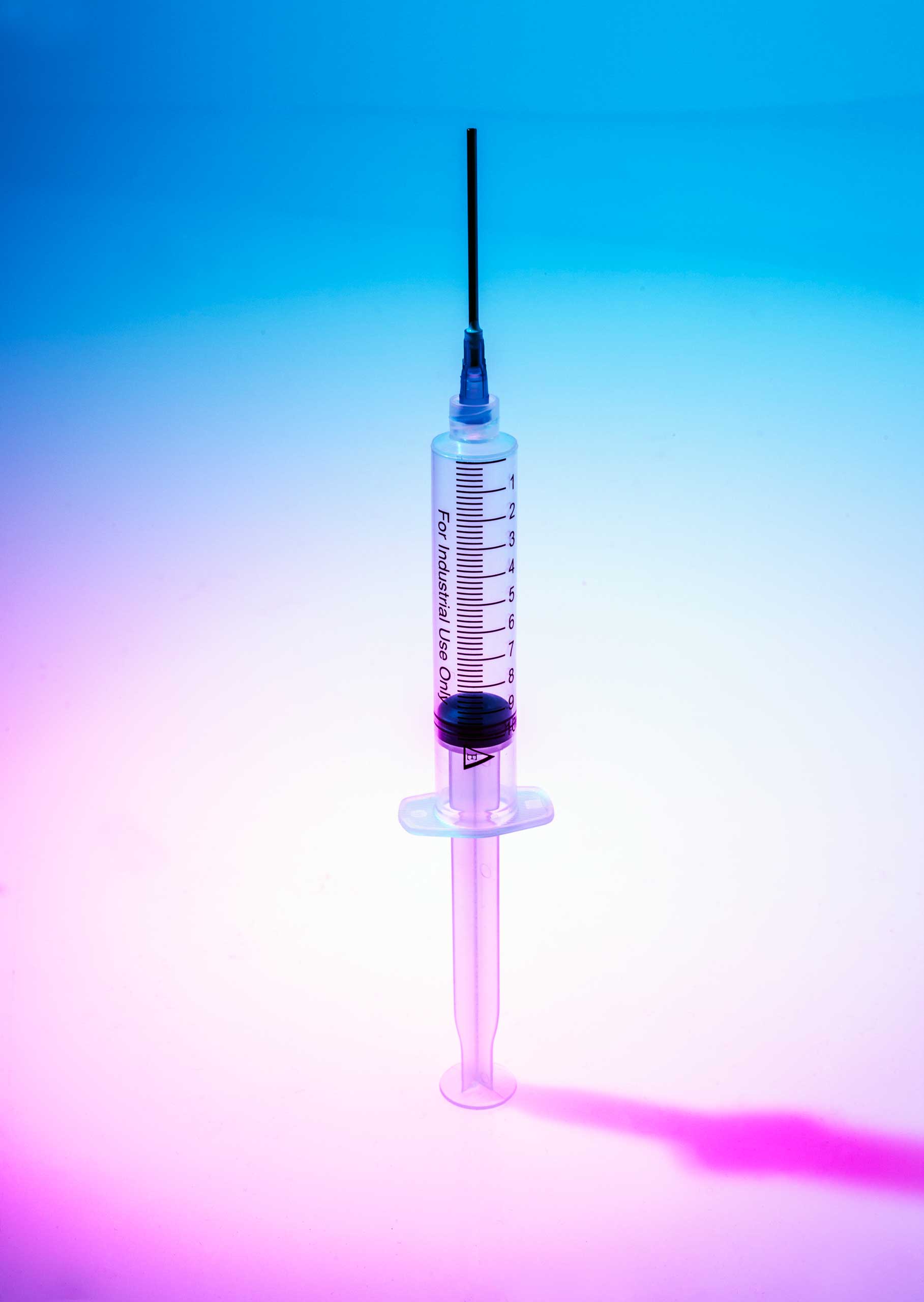
Most people don’t think of vaccinating themselves to protect against cancer, but when public health experts in the U.S. began recommending in 2006 that young girls, and eventually boys, be immunized against HPV, that’s exactly what they had in mind. Several strains of human papillomavirus are linked to cervical cancer, and because HPV is spread during intercourse, vaccinating young people before they become sexually active is a way to lower their risk of developing cancer.
Now, in a study published in Pediatrics, Dr. Lauri Markowitz and her colleagues show how critical the vaccine can be to health. They report that rates of HPV infection among teens ages 14 to 19 dropped by 64% six years after the shot was recommended, and by 34% among people ages 20 to 24.
What’s interesting about the decline, says Markowitz, is that it’s much larger than she would have expected given the relatively low rates of HPV vaccination. Because many parents saw the shot more as a way to protect against the sexually transmitted HPV infection, getting teens and young people immunized against HPV has been both controversial and a challenge. Despite being a recommended immunization, in 2013 only 38% of girls had received all three doses of the vaccine, and 57% had received at least one dose.
Markowitz says there are two possible explanations for the dramatic reduction observed in the study. First, there is some evidence that even people who receive less than the three recommended doses get some protection against infection with HPV. “I wouldn’t want to encourage people and say that one dose is enough,” she says. “We don’t know that. But it is possible that there is effectiveness in getting less than three doses.”
MORE: HPV Vaccine May Work For People Who Already Had the Virus
The other factor contributing to the lower HPV infections rates could be herd immunity, which occurs when unvaccinated people benefit from living around a sizable number of immunized people who keep the virus from spreading. While her study didn’t directly see evidence of herd immunity, Markowitz says that other countries have seen similar effects—most notably in Australia, where only girls were vaccinated against HPV but there were large declines in infection among men as well.
MORE: States With High HPV-Vaccine Rates Have Less Cancer
It will take at least a decade or more before researchers can see whether the HPV vaccine is helping to lower cervical cancer rates, since that cancer generally doesn’t develop until mid-life. But there are hopeful signs that with lower infection rates, lower cancer rates will follow. Already, other studies have found declines in genital warts and drops in precancerous lesions in the cervix. “HPV is one of the most effective vaccines we have in our immunization program,” says Markowitz. “If we had higher coverage, we would have even more impact.”
More Must-Reads from TIME
- Donald Trump Is TIME's 2024 Person of the Year
- Why We Chose Trump as Person of the Year
- Is Intermittent Fasting Good or Bad for You?
- The 100 Must-Read Books of 2024
- The 20 Best Christmas TV Episodes
- Column: If Optimism Feels Ridiculous Now, Try Hope
- The Future of Climate Action Is Trade Policy
- Merle Bombardieri Is Helping People Make the Baby Decision
Contact us at letters@time.com